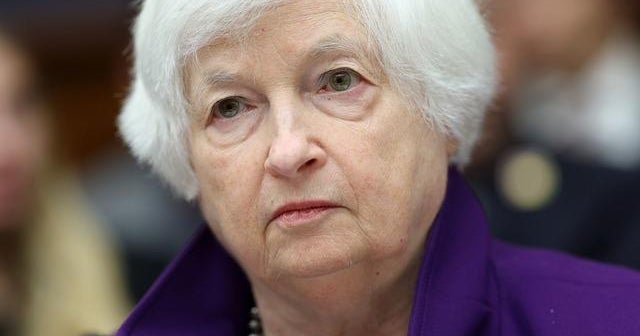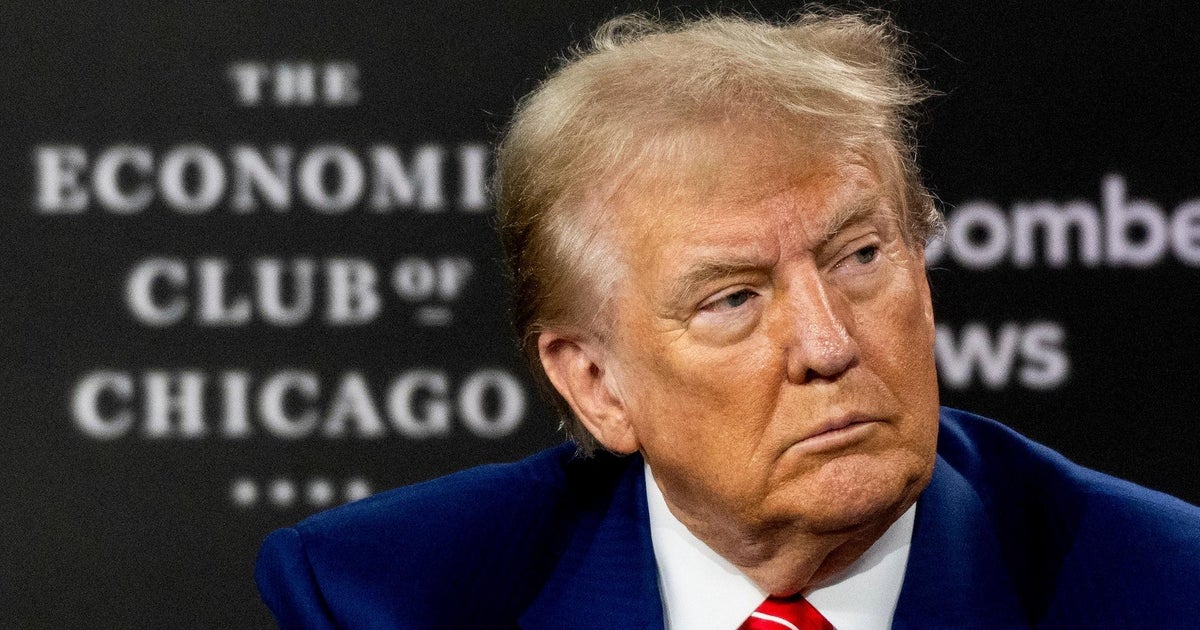Now for Wall Street's post-Trump hangover
The post-election market rally is suddenly in jeopardy. Despite Donald Trump-related optimism and the fact earnings growth and economic data -- including today’s robust employment report for November -- have improved after a rough first half of the year, downside risks have reemerged over the past few days.
The Russell 2000 small-cap index, which surged for 15 straight days for a near-17 percent gain and a record high last week, has since fallen for four days in a row. Technical measures, such as the parabolic “stop-and-reverse,” are flashing warning signals. Big-cap tech stocks like Facebook (FB) and Apple (AAPL) are wilting. And the CBOE Volatility Index (VIX) -- Wall Street’s “fear gauge” -- posted its largest one-day gain in a month on Thursday.
What was initially a “big league” surge of excitement following the Trump’s surprise victory -- spurred by his aggressive fiscal stimulus plans -- has since given way to the hard chill of reality. The president-elect’s plans could double the national debt. This late in the business cycle, economic stimulus efforts are more likely to boost inflation rather than real growth. Crude oil is finally moving higher again. Stock market valuations are becoming stretched. And interest rates are soaring as bonds get pummeled.
Plus, the near-certainty that the Federal Reserve will hike rates in January and rising inflation expectations are weighing on sentiment.
The likely rise in interest rates was furthered by Treasury Secretary nominee Steven Mnuchin’s remarks about potentially extending the average maturity of U.S. debt -- possibly via the issuance of 50-year or 100-year bonds. Inflation expectations were bolstered by his comments about the potential for the U.S. economy to grow at a sustainable rate of up to 4 percent, despite economic constraints such as demographics, labor productivity and workforce participation rates.
Further increases in bond yields look likely, magnified not only by rate hikes and Trump’s policies but by the investor exodus out of bond funds currently underway.




